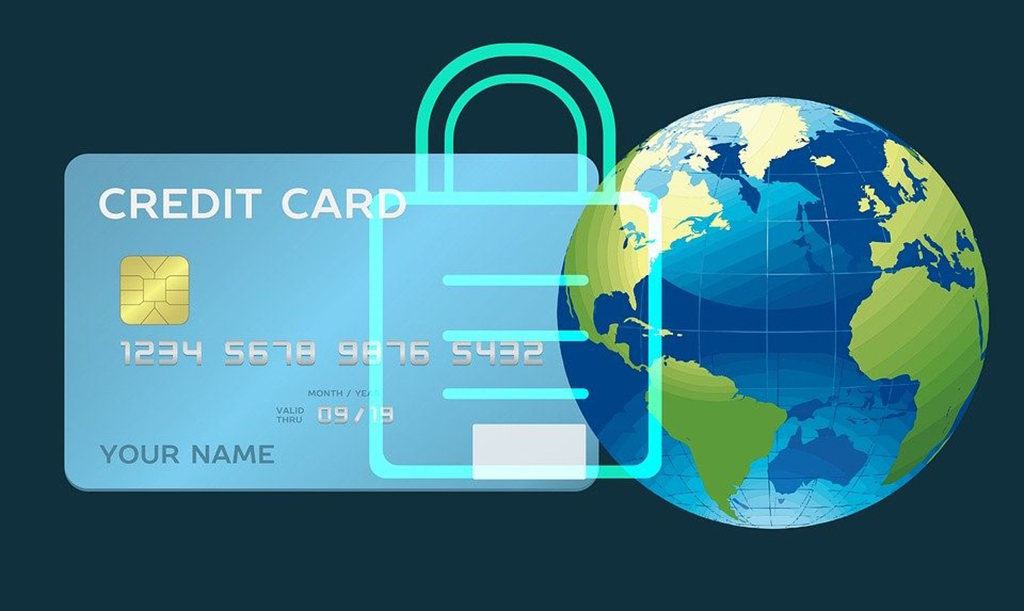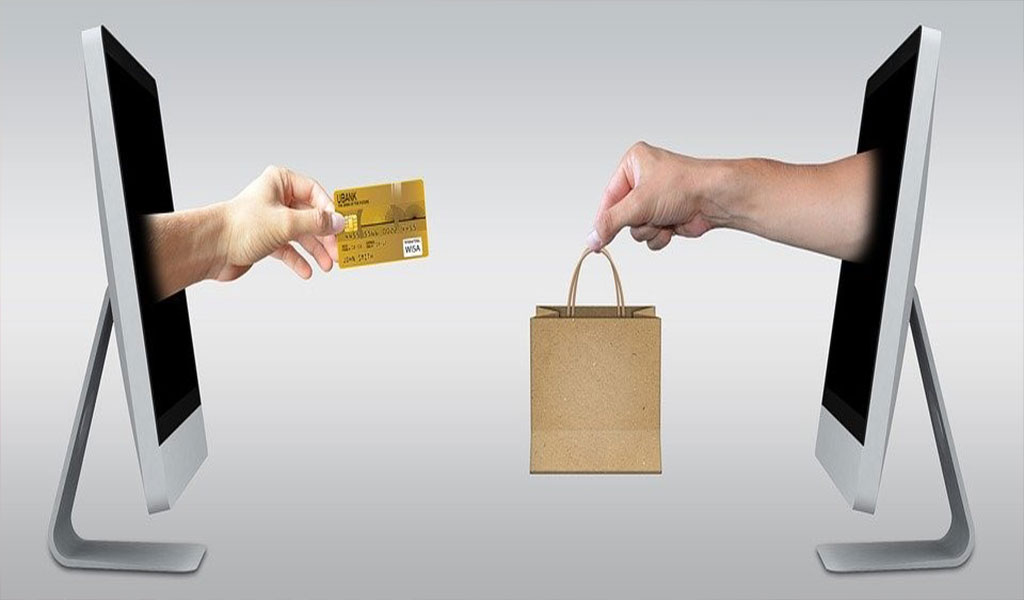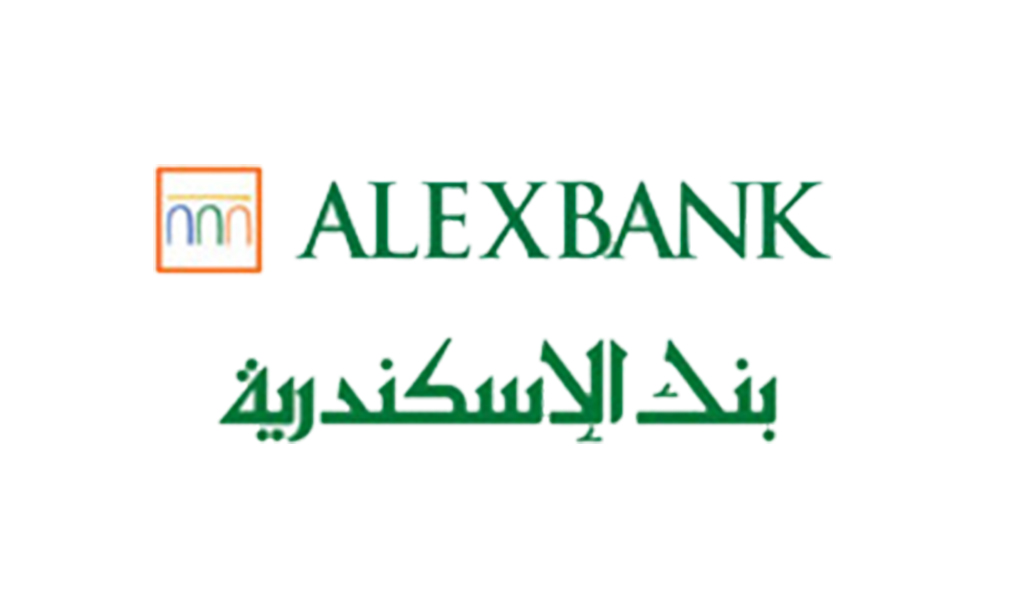Can Blockchain Technology Affect Banking and FinTech?
9 August 2020
Blockchain technology offers several benefits when compared to
traditional banking, such as accessibility, transparency, ease of use, reduced
costs and speed. These obvious advantages have grabbed the attention of
financial powerhouses and FinTech companies believe they can take their ongoing
popularity and success a step beyond with this unique technology. The appeal of
Blockchain technology has seen increased interest in 2020, as the world seeks
speedy and secure solutions in times of financial uncertainty; but is
Blockchain the right solution today?
FinTech as an industry is expected to impact the financial sector
through three main aspects: generating new customers, encouraging banks to make
more profit and providing tech improvements that merge both together.
Millennials are
eager and ready
A generation that is very familiar with peer-to-peer services,
Millennials are accustomed to crowdsourcing information, taking Ubers and
generally using their peers and connections to get results in real-time and make
decisions. Similarly, this generation of customers is ready to embrace FinTech
products & services without the hassle and loss of time of middlemen and
brick-and-mortar financial companies.
Fresh Tech
FinTech might be a growing and powerful global concept, but eventually
it all comes down to its digital nature that would not exist without a robust
Internet infrastructure and significant advancements in technology. Tech like
bandwidth, security, mobile platforms and mobile app development have surely
contributed and empowered FinTech services and digital banking in general, enabling
it to go mainstream and rise in popularity; a popularity that is amplified by a
global population that wants to manage its finances in the safety and comfort
of their homes. Perhaps a key player in all these advancements is cyber
security and banks’ inefficiency to fully tackle that issue; an issue that
FinTech is actively addressing, which inevitably led to industry-wide
adoption and furthermore attracting VCs to empower these FinTech solution
providers.
Blockchain
Promises
The
future is yet unknown, but currently there are three advantages that Blockchain
can provide over traditional banking:
Quicker
transactions
Conventional
financial transactions go through third parties like gateways, stock exchange
or clearing houses, which could reach up to ten entities being involved in
transactions. This time-consuming process is greatly reduced when using
Blockchain since everything is decentralized and operations can be done in mere
seconds as opposed to three days, in the example of stock trading. Along the
same lines, the FinTech forex trading experience through real-time online
platforms stands as a viable, promising alternative for the banking industry.
Transparency
and Accessibility
The
use of mobile encryptions allows users to access their transactions safely,
anywhere and at any time, and authorized parties can access these transactions
records too in Blockchain’s shared ledger. This delivers greater transparency
and ease of access, as opposed to a centralized system that takes time to
provide customers with requests, if at all.
In
terms of security, FinTech platforms still have a way to go, but advancements
are happening almost every day and currently transactions are verified and
validated using sophisticated software, removing the need for third parties.
Blockchain similarly lets users know about their entire transactional records,
yet another advantage over conventional banking.
Reduced
transaction costs
One of the most popular and desirable aspects
of Blockchain is reducing costs, for obvious reasons. It removes third-party
fees and accelerates processes, greatly benefitting multinational business transactions.
Blockchain creates a ledger providers network that allows companies to conduct
transactions directly with one another across geographical borders, and
forecasts are indicating that transaction costs will only be a few cents going
forward.
FinTech
Challenges
FinTech entities need to address these
challenges in order to allow Blockchain to become widely adopted and
mainstream.
Security
Banks have faced and are still facing
cybersecurity issues. Blockchain on the other hand only allows authorized users
to access public ledgers and transaction histories, but banks are still
reluctant to allow financial data to wander outside their firewalls, being
centralized by nature. Where validation and verification are concerned,
Blockchain uses multiple parties called miners to verify and validate daily
transactions and financial records. These key figures make it very difficult
for hackers or similar cyber criminals to access and manipulate these ledgers.
Enter FinTech as the mediator, where
the sector needs to present decisive case studies in order to make Blockchain
desirable for banks and FIs. It should also be mentioned that these measures
also have a disadvantage: since transactions are irreversible, manual data
entry mistakes can prove disastrous, such as adding an extra digit here or
there.
Industry Resistance
The word ‘traditional’ entails that change will be
met with some degree of resistance, and this is what is expected from an
age-old industry such as finance. FinTech companies need to be aware of and
tackle the resistance from FIs and their counterparts, keeping in mind that
banks are centralized by definition which could mean that a shared
transactional platform might nurture spying practices between banks and their
competitors.
Although people - the customers - are enthusiastic
about the decentralization of banking and also some banks have expressed
interest in using Blockchain technology in some of their operations, FinTech
still has a long battle in terms of using Blockchain as a widely accepted
mainstream approach, and for now they need to prepare for an inevitable digital
future of banking coupled with a certain degree of resistance from conventional
FIs.
related articles

Financial Health is What FinTech Should Be Empowering

Setting Digital Banking Transformation Priorities During a Pandemic

Four FinTech Elements Affecting the Retail Banking Ecosystem

Shifting from Disruption to Innovation through FinTech Partnerships in COVID19 pandemic.

Relevance of Scheduling Apps for Bank Appointments is Skyrocketing

How is Banking Changing with COVID-19?

The Opportunities and Threats of FinTech during COVID-19

The Impact of Coronavirus on the Financial Sector

6 Benefits of Blockchain Technology in Finance

Are Baby Boomers or Gen Z the next banking customers?

Banking Experts Forecast Key FinTech Trends in 2020

The Potential of Peer-to-Peer Lending in the Middle East

How FinTech is Changing the Finance Industry.

6 FinTech Trends That Will Transform Banking In 2020

FinTech Trends To Keep An Eye On In 2020

How FinTech Can Contribute To Healthcare

Mastercard partners with R3 to create Blockchain-enabled cross-border payment solutions

AlexBank Grants Access To Microfinance For First Time Ever In Egypt

VisionBanker startup aims for radical change in eye care using Blockchain


 0
0
 7.6k
7.6k 



Comments